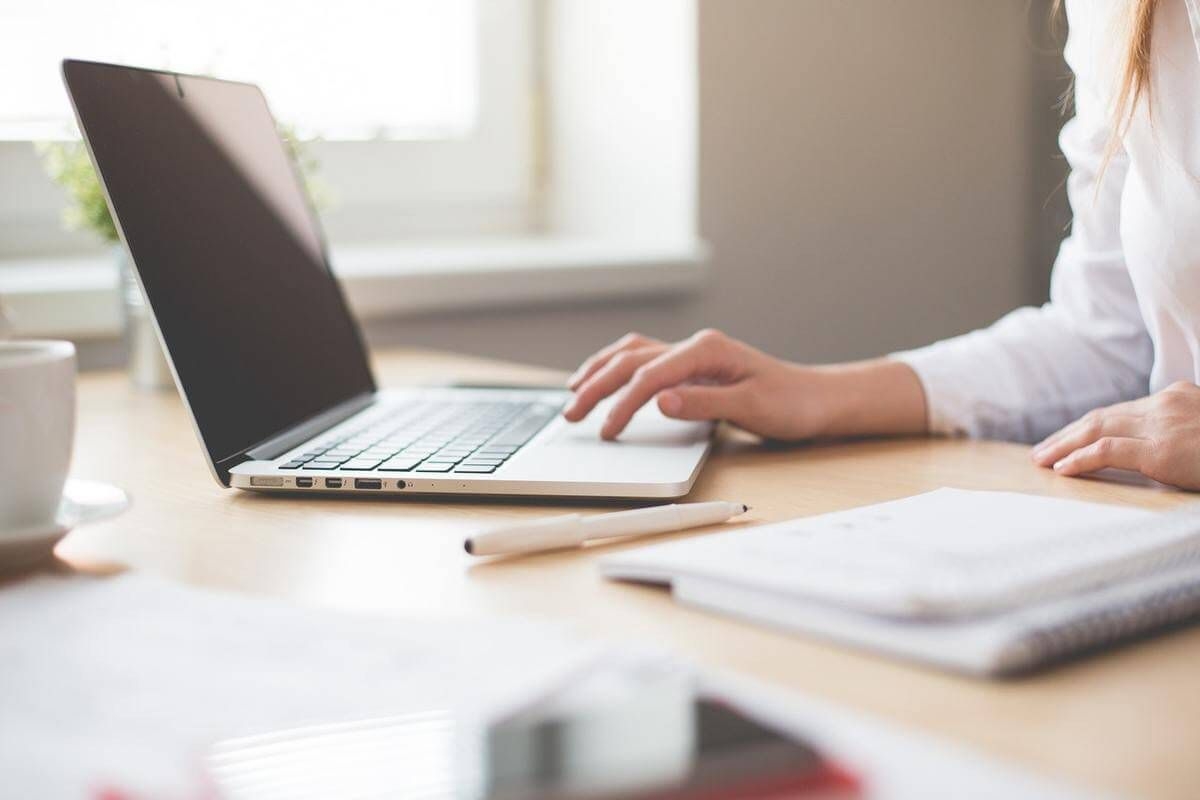A guide to connecting utilities in the UAE

When moving to the UAE, connecting utilities is one of the most important tasks when residing in your chosen property. The registration process can sometimes be difficult for landlords or tenants, as they might make mistakes while connecting services without knowing the nuances of the right process of registration. We have prepared a special guide in which we have revealed the specifics of connecting utilities in the UAE, and have also described the steps of the connection procedure, including information about companies, how to open an account, how to pay your bills and make complaints. This guide will focus on setting up utilities in the emirates of Dubai and Abu Dhabi.
Utilities in the UAE
For the most part, utilities in the UAE are distributed and supplied through state regional authorities. These comprise the Dubai Electricity and Water Authority (DEWA) and the Abu Dhabi Distribution Company (ADDC). These organisations also regulate the industries. The UAE not only has the fastest-growing electricity industry in the world, but is also increasingly looking for green solutions for energy production and the government is making efforts to secure its water supplies to make them sustainable for the future.
Electricity and water in the UAE
One of the priorities for landlords and tenants in the UAE is to register the utilities, including water, electricity, gas, internet and A/C. Individuals will also need to pay deposits to the relevant service providers. G plug three rectangular pins in a triangular pattern is used in the UAE. Much of the UAE operates on a 220V supply with a standard frequency of 50Hz. Large and small consumer products in the home are for the most part powered by the household electrical grid. These include cooling systems and lighting fixtures, various electronic devices such as laptops, smartphones, washing machines, refrigerators, TVs, and small kitchen appliances, etc. Water in the UAE comes solely through groundwater and desalinated seawater. Water and electricity supplies in the country are managed only by regional public companies. Note! It is recommended to install a water filter after connecting to the water supply in your home. The average price of installing a water filter in the UAE is AED 999 (USD 272). This will be cheaper than buying drinking water and will provide you with unlimited water in your home.
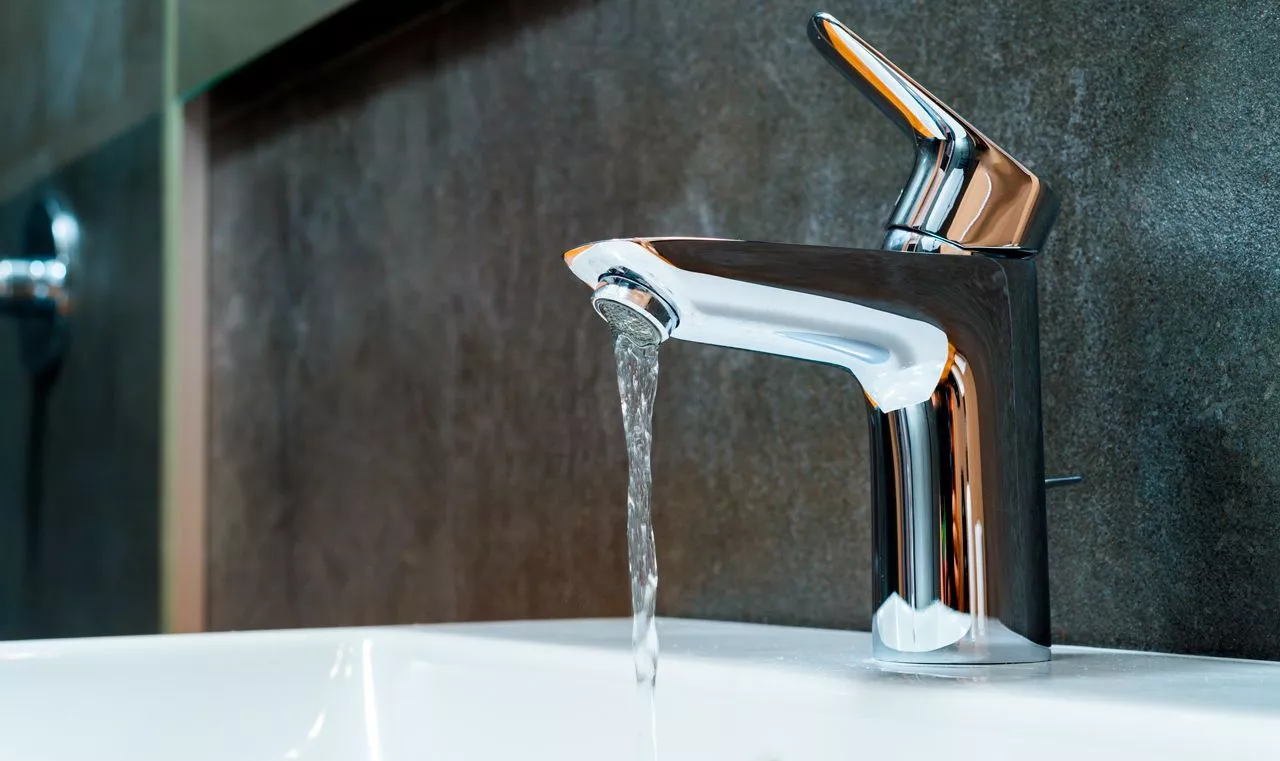
Electricity and water suppliers in the UAE
Regional public authorities provide electricity in the UAE, while the government partially subsidizes these. The sole distributor of domestic electricity and water supplies in the emirate of Dubai is the Dubai Electricity & Water Authority (DEWA), which uses autonomous systems for alternative energy sources and is expanding the use of artificial intelligence in the provision of public utilities. In Abu Dhabi, Abu Dhabi Distribution Company (ADDC) exclusively provides domestic electricity and water supplies.
Connecting and disconnecting electricity and water in the UAE
In Dubai, individuals can set up their electricity and water account through filling out the online form on the DEWA website. It is necessary to pay activation fees of AED 130 (USD 35) for small meters or AED 330 (USD 90) for large meters, as well as a security deposit of AED 2,000 (USD 545) for an apartment or AED 4,000 (USD 1,090) for a villa. After doing so these services will be activated within 15 hours. Deactivation of utilities in Dubai is also available online. This requires payment of your final bill and charges of AED 120 (USD 33) for small meters or AED 320 (USD 87) for large meters. You will need to provide your move-out date to begin the process. To deactivate your services offline, individuals will need to notify a customer service center, as well as provide a customer account number, Emirates ID and mobile number. DEWA offers a special regime called ‘Away Mode’, which helps individuals to closely monitor their electricity and water consumption. This feature will save on electricity if you go on vacation or a business trip and will advise in case of unusual consumption while you are away. Consumption details will be sent to your email on a daily or weekly basis. Note! Showing a tenancy agreement and your Emirates ID or passport is necessary when you are setting up utilities in the UAE. In Abu Dhabi, the majority of rental agreements are registered directly with the city’s central tenancy register – TAWTHEEQ. You will automatically get access to water and electricity accounts with ADDC after the registration of the rental agreement. You can also register yourself through their website. In order to manage your supply, individuals need to activate an online account, which can be done once you have an ADDC. You will need to provide the required list of documents upon registration or provide colour scans of them if doing this through online registration. The required deposit constitutes AED 1,000 (USD 272) which will be included in your ADDC account. In the case of moving, you can either get your advance payment back or transfer it to your new residence address in the emirate of Abu Dhabi. There are no fees for electrical and water supply activation. When you move out of your rental property in the emirate of Abu Dhabi, you can easily close your ADDC account by calling the contact center, requesting the disconnection online or by visiting one of their branches. The disconnection of electricity and water is free of charge. Note! Tell the ADDC company your move-out date and they will prepare your final bill. After payment of your final bill, you will get a clearance certificate and receive your security deposit back.
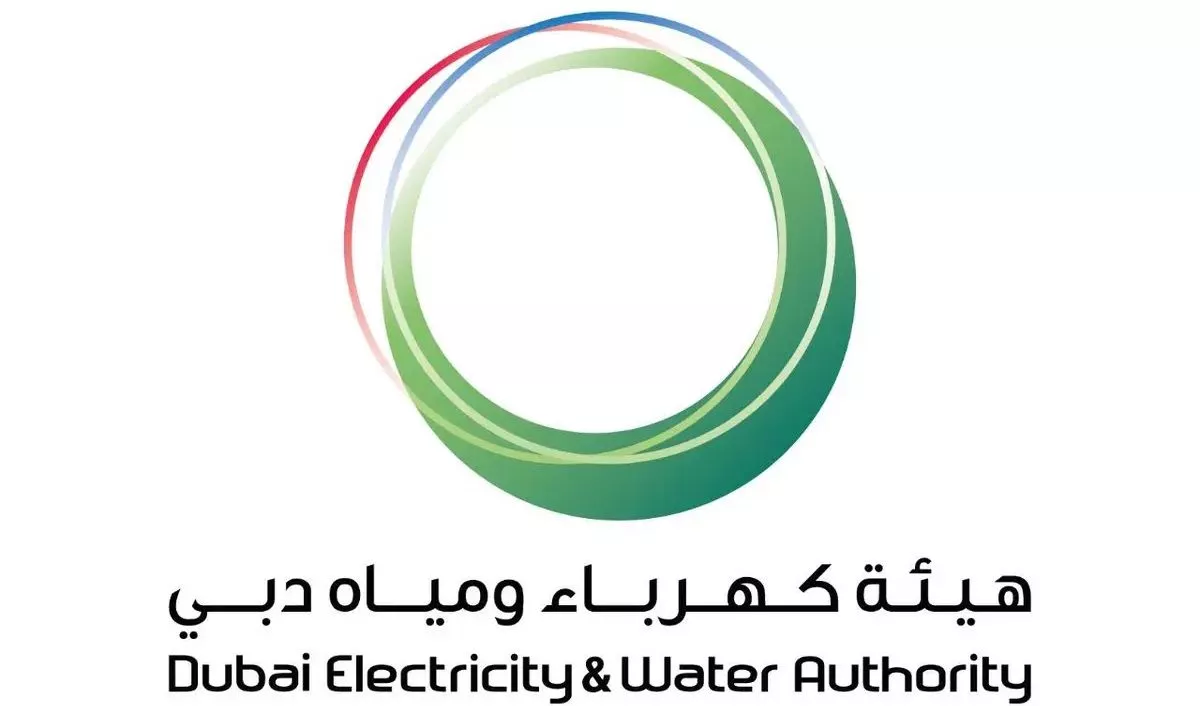
Electricity and water costs and tariffs in the UAE
The country’s government encourages sustainability and green living in the UAE, as a result of the electricity and water supply in the state having different tariff bands, including one for green usage and others for less environmentally-friendly usage. Expatriates in the UAE are charged higher rates for both electricity and water. Emiratis can access discounted local rates. The DEWA in the emirate of Dubai charges standard per-unit rates as follows:
<ul><li>Electricity – AED 23 fils</li><li>Water – AED 3 fils</li></ul>
The electricity charges are for consumption below 2,000KWh per month. Charges will be AED 38 fils per unit, if you use more than 6,000KWh. In Abu Dhabi, the ADDC encourages lower electricity and water usage by offering lower unit prices under a green band. The green band tariff for electricity constitutes 26.8fils/kWh, while the red band is 30.5fils/kWh. The green allowance for electricity constitutes 20kWh/day for apartments and 200kWh/day for villas. The green band tariff for water in Abu Dhabi is AED7.8/cubic litre while the red band charge constitutes AED10.41/cubic litre. The green allowance for water is 0.7 cubic litres/day for apartments or 5 cubic litres/day for villas.
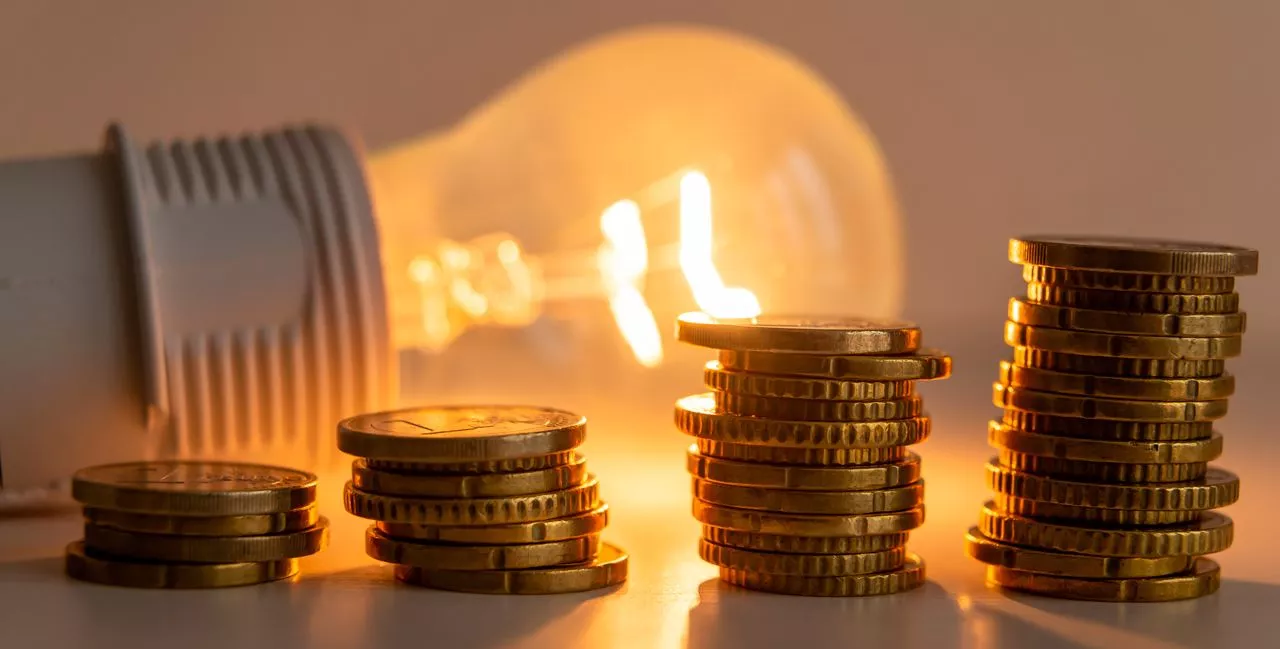
Reporting electrical or water faults and carrying out repairs in the UAE
If you have any problems with your water or electricity supply in the UAE, the first thing you need to do is to determine if the issue affects just your property or the whole neighbourhood. If it is a neighbourhood issue, you can contact the company directly: individuals can reach DEWA at 991 and ADDC at 800 23 32. You will need to get in touch with your landlord to fix the problem if the issue affects only your property. The landlord should get in touch with a plumber or an electrician as necessary.
Making a complaint about an electricity company in the UAE
Individuals will need to go directly to the regulatory body to file a complaint, if they have a problem with their electricity and water provider. Residents of Dubai will need to file a complaint through the local Government’s eComplain system. Residents of Abu Dhabi will need to register their complaint with the ADDC. These can both be done at their service centers, through their website or by email, or through the Abu Dhabi Government contact center. Usually, complaints are addressed within 14 days.
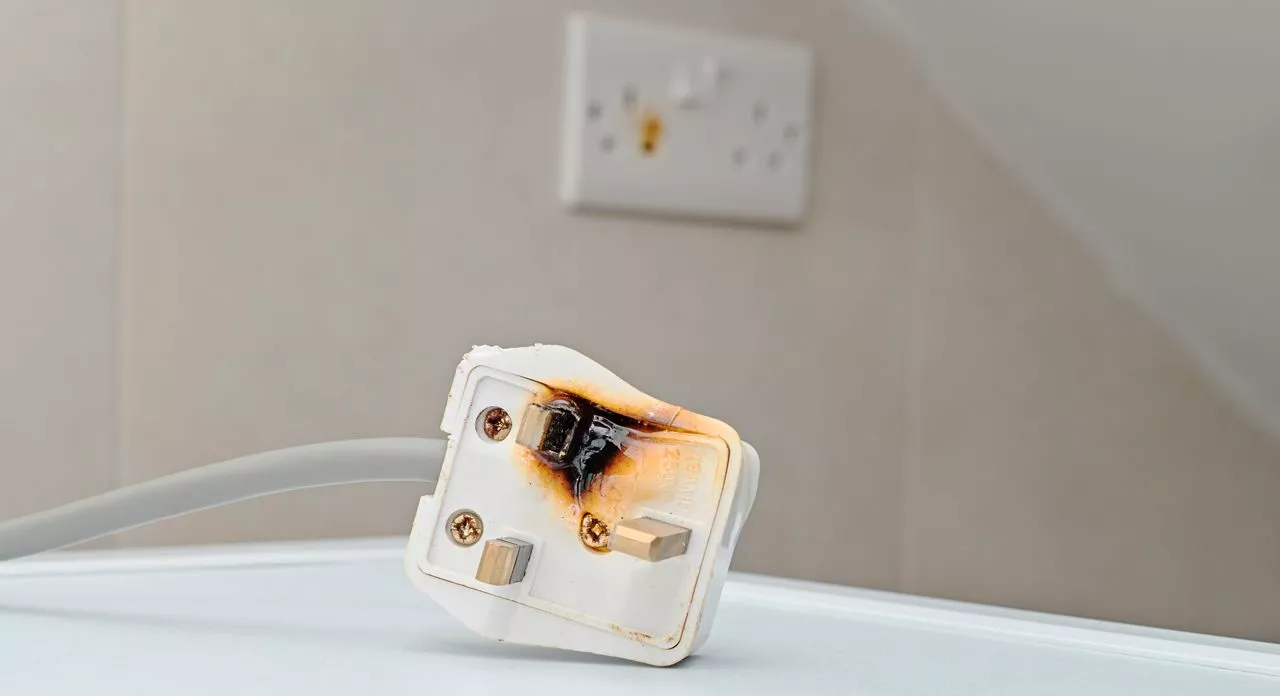
Gas in the UAE
In the UAE, domestic gas is usually used for gas stoves in the kitchen and, depending on the company, it can be supplied in cylinders or by a central pipeline. Emirates Gas and SERGAS are the main suppliers of domestic gas in the UAE. Both companies are private.
Connecting and disconnecting gas in the UAE
The Emirates Gas company is more popular in Dubai and the Northern Emirates. The organization provides LPG containers for domestic use through a proven network of distributors. Individuals need to call the distributor in their local area to assess their property and get a quote. After the activation of your account, clients of the company can request new cylinders whenever they need them and pay the distributor directly. If you are moving, it is necessary to call the distributor using the number 8003-64-27 in order to disconnect the cylinder. You can sell your already purchased equipment and accessories back to the distributor and pocket the proceeds. The cost for an 11 kg LPG cylinder constitutes AED 70 (USD 19), for a 22 kg LPG cylinder it’s AED 140 (USD 38) and for a 44 kg LPG cylinder the cost is AED 280 (USD 76). The Emirates Gas company also provides different accessories for LPG cylinders to ensure the highest value and convenience, including 0-2 bar high pressure LPG regulator for commercial applications, 30mbar Regulator and 50mbar Regulator. Residents of Abu Dhabi usually get their gas supply through SERGAS, which is a central piped supply. To set up an account, individuals simply need to register online through the website with their passport or Emirates ID and their tenancy agreement. After this, they must pay the registration fees and deposit. Clients will have their gas supply within 24 hours. You can clarify the registration costs by calling the number 600 565657. It is necessary to call the company’s customer service line by phone or visit one of their offices in order to disconnect the supply. The individual will have to pay their final bill to claim the clearance certificate and to collect their deposit.
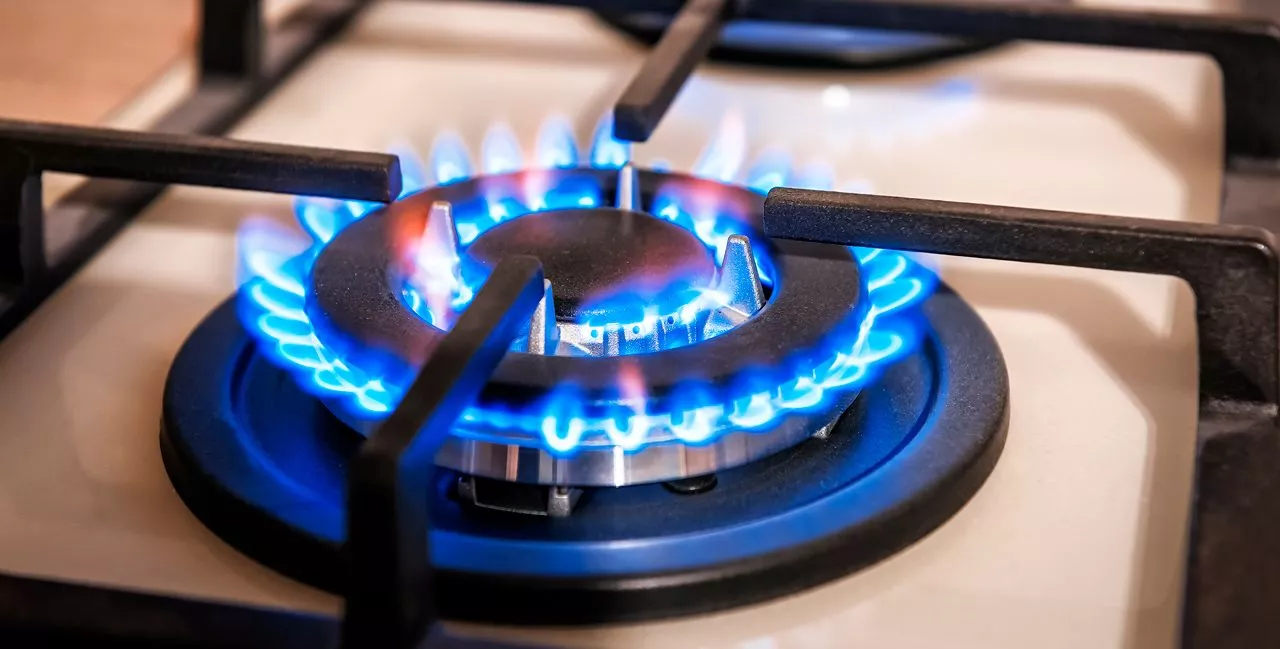
Gas costs and tariffs in the UAE
Depending on the supplier and usage, the cost of gas in the UAE differs greatly. Each property is assessed individually, therefore it is recommended to speak to your Emirates Gas distributor or SERGAS representative in order to get an accurate quote. In case of any problems with your gas supply or if you are in need of repairs, you will need to talk directly to your supplying company by phone or e-mail. You can contact the Emirates Gas company in Dubai by using the number: 8003-64-27 or by email: emiratesgas@enoc.com. You can contact the SERGAS company in Abu Dhabi by using the number: 600 565657 or by email: customer.service@sergas.com.
Energy efficiency and green energy alternatives
The UAE government pays great attention to the search and implementation of alternative sources of green energy in the UAE. To reduce the share of electricity generation from gas, the government is moving towards renewable energy sources. In 2013, the UAE began construction of nuclear power plants and also operates solar energy facilities in the emirates of Dubai and Abu Dhabi. Moreover, a full wind farm operates on Sir Bani Yas Island. The main effort to reduce domestic usage is to offer lower tariffs for electricity and water usage. There are several national campaigns in the UAE, which show residents how they can reduce their electricity and water usage. In addition, the government has announced the Water Security Strategy 2036, which offers identifying sustainable desalination solutions, as well as projects of dams and rainwater harvesting. Note: To understand a little more about the local way of life, the economy and more, we recommend reading the top 20 reasons why you should consider moving to Dubai.
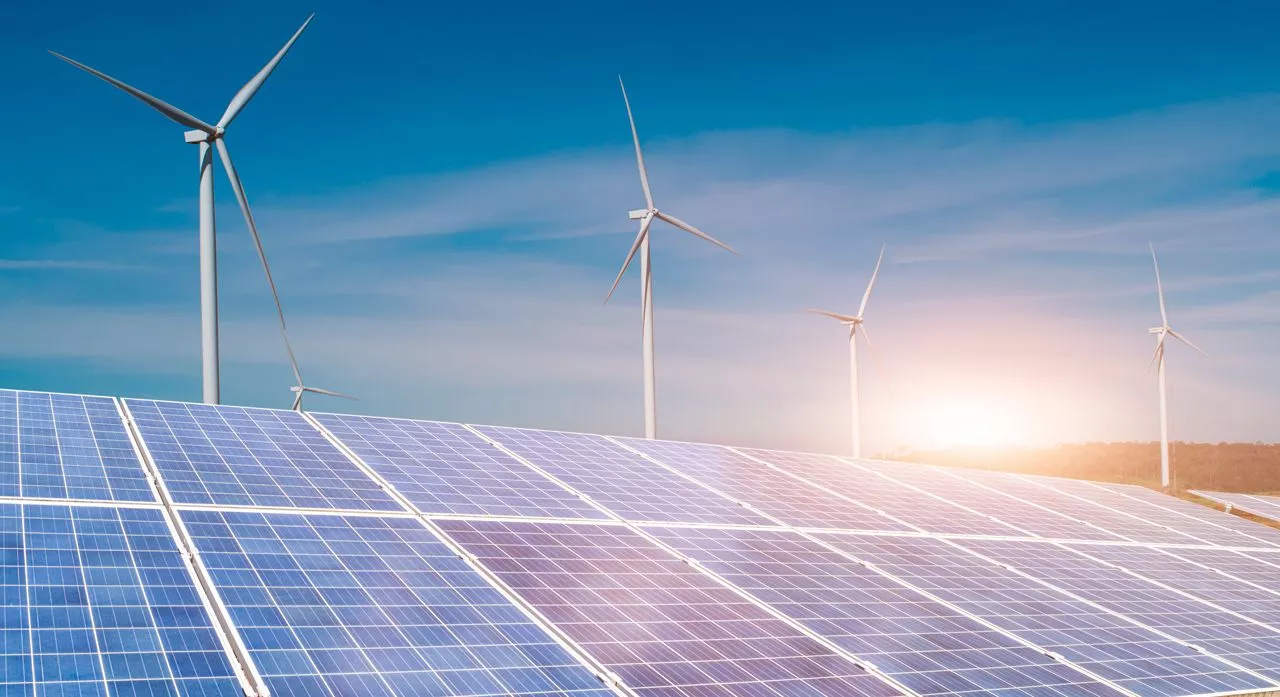
Rubbish collection and disposal
Local Emirate authorities are responsible for coordinating waste management in their region. Usually authorities offer contracts to private waste management companies such as Dulso, Averda and Trashco. These organisations are responsible for the rubbish collection in different districts of the UAE. There are recycling stations throughout each city, which are used mostly for glass, plastic and paper. Companies also run special programmes to educate UAE residents about recycling.
Paying utility bills in the UAE
Individuals will receive their bills each month after setting up utilities in the UAE. The majority of companies including DEWA and ADDC offer autopay services through direct debits for bill payment. Payment of DEWA bills is possible in the following ways:
<ul><li>DEWA Smart App</li><li>Empay UAE application</li><li>DEWA Website</li><li>Dubai Now App</li><li>EasyPay</li><li>Auto Pay</li><li>Apple Pay</li><li>Etisalat Payment Machines</li><li>Banks</li><li>Tayseer</li><li>DEWA Customer Happiness Centers</li><li>ENOC/EPPCO Petrol Stations</li></ul>
Payment of ADDC bills is possible in the following ways:
<ul><li>Online at ADDC website</li><li>Autopay options</li><li>ADDC App</li><li>Payment at ADDC kiosks (MBME smart kiosks)</li><li>Payment at an ATM machine</li><li>Telephone or Internet banking payment</li><li>Exchange</li><li>TAMM portal</li></ul>
Each bill contains information about the account number, type, the bill’s issue date, billing period, due date, electricity and water usage for the whole month, as well as the corresponding charges. If an additional fee is charged, this will also be displayed in the bill. The total amount of your account and the due date will be situated at the bottom of the bill. Note! In the case of non-payment after receiving the invoice, you will receive up to 3 reminders, both by email and text message. After 14 days past the final due date, your utility service will be disconnected. Individuals need to settle the full amount of their account and to pay a reactivation fee in order to get the service reconnected again.
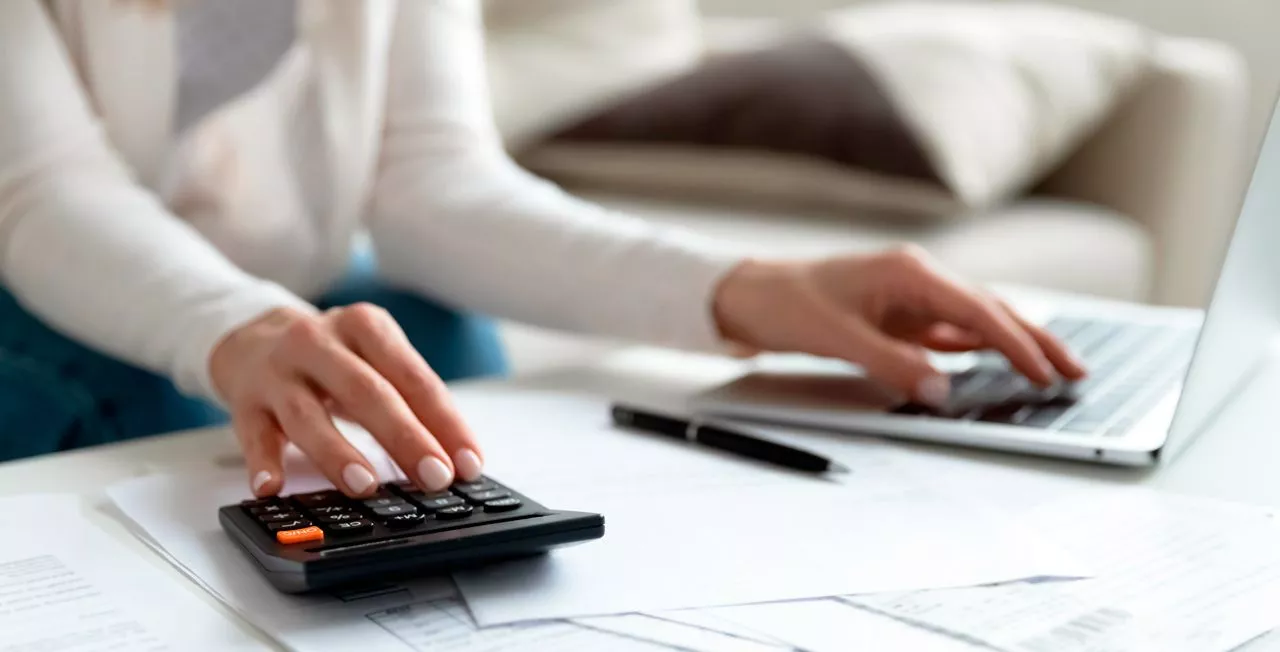
How Can We Help?
Specialists at Metropolitan Premium Properties will save you time by connecting your property to electricity and water through DEWA as well as other necessary utilities. You will avoid the stress of figuring out how to connect, where to pay, how to pay and other crucial things with our professional support. Our service of the utilities connections and payments service is a great solution, which will make your life much easier. We will connect everything on your behalf and give you ready to use login details immediately after the connection.
